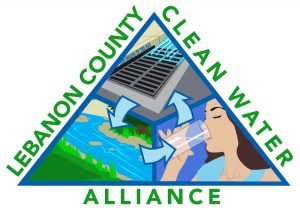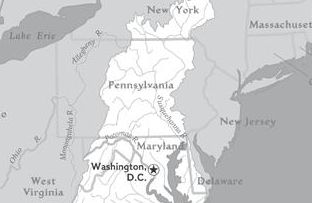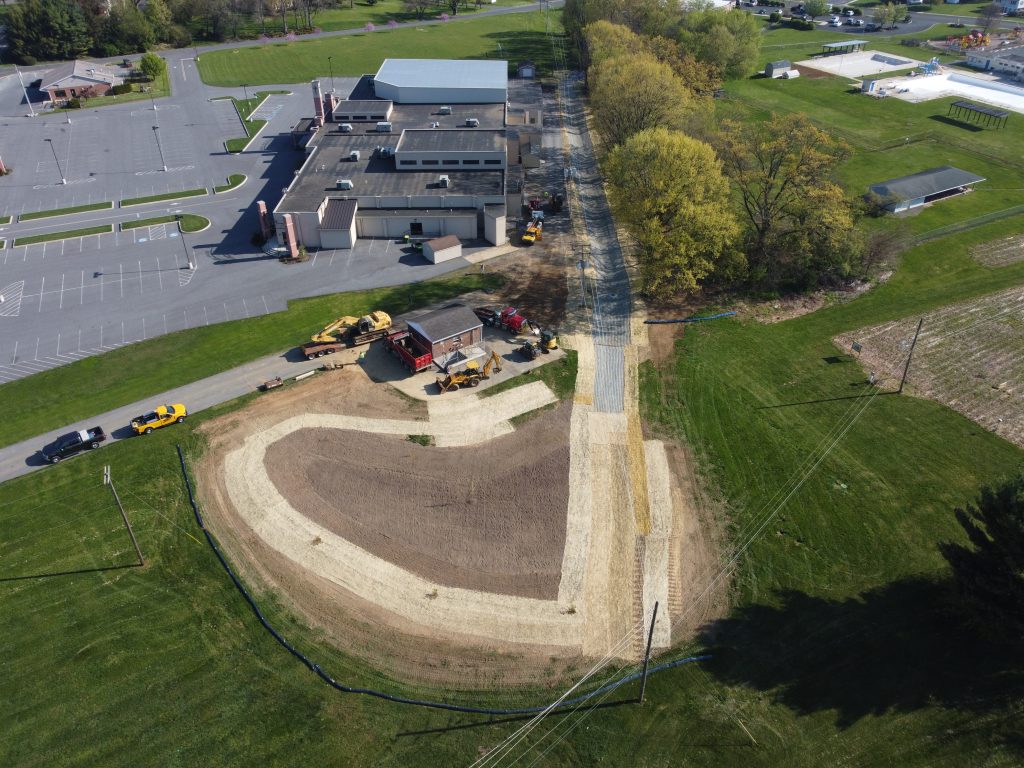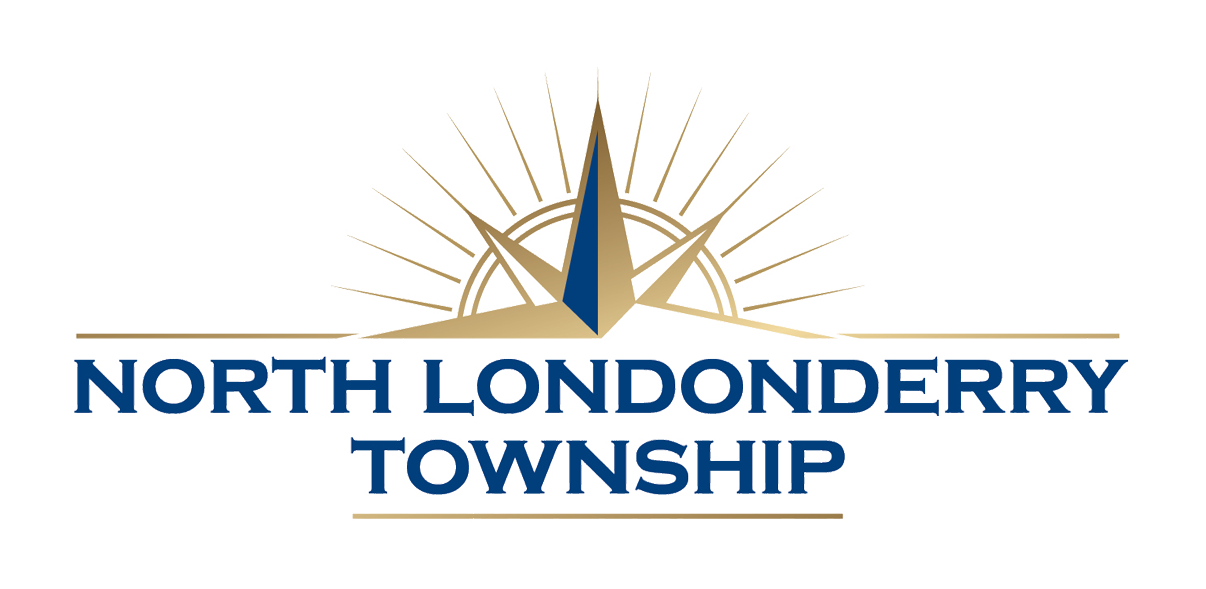Storm Water
Navigate this page via search or the table of contents.
Storm water is precipitation from rain and snow-melt that flows over lands and hard surfaces as it gathers any debris, chemical, sediment and other pollutant in its path. Its final destination may be a local waterway or groundwater, thus adversely affecting the quality of water we use for drinking, food supply or recreation.

Phase II MS4s are required to educate their community on the pollution potential of common activities, and increase awareness of the direct links between land activities, rainfall-runoff, storm drains, and their local water resources. Most importantly, the requirement is to give the public clear guidance on steps and specific actions they can take to reduce their storm water pollution-potential.
These behaviors have the potential to generate storm water pollution:
- littering
- disposing of trash and recyclables
- disposing of pet-waste
- applying lawn-chemicals
- washing cars
- changing motor-oil on impervious driveways
- household behaviors like disposing leftover paint and household chemicals
What Can I Do?
If you live near a storm water inlet / catch basin…
- Remember, only water goes into the inlet
- Use fertilizers sparingly and sweep up driveways, sidewalks and gutters
- Keep inlets clear of leaves, grass and other debris
- Never dump anything into storm drains or streams
- Pick up after your pet
- Compost your yard waste or take advantage of Township collections
- Direct downspouts away from paved surfaces; consider a rain garden or rain barrel to capture runoff
- Check your car for leaks and recycle your motor oil
- Call North Londonderry Township if liquid is flowing in an inlet during dry weather periods
- Report any spills or suspicious dumping to your North Londonderry Township
Municipal Separate Storm Sewer Systems (MS4 Program)

The 1972 Federal Clean Water Act was amended in 1987 to require states to start a 2-phase implementation schedule that addresses pollution prevention and water quality measures for storm water management systems. Phase I began in 1992 with large (over 250,000) and medium (100,000-250,000) MS4s, as well as industrial sites being required to obtain permit coverage. Phase II has now been initiated for small (under 100,000) MS4s.
Small Municipal Separate Storm Sewer Systems (MS4s) in urbanized areas that discharge storm water into surface waters (including intermittent streams and drainage channels) of Pennsylvania are required to have those discharges authorized by a National Pollutant Discharge Elimination System (NPDES) storm water permit. Since 2004, North Londonderry Township has had an NPDES permit to discharge storm water.
On May 12, 2009, President Obama signed an Executive Order to clean up the Chesapeake Bay. As a result, state governments of the seven Bay jurisdictions – Delaware, Maryland, New York, Pennsylvania, Virginia, West Virginia and the District of Columbia – are mandated to reduce pollution loads flowing to the Bay. In Pennsylvania, this mandate affects urbanized area watersheds located in the Susquehanna River Basin.
Federal MS4 regulations establish six categories of minimum control measures with specific annual goals and an implementation schedule. The six categories are:
- Public Education and Outreach
- Public Participation and Involvement
- Illicit Discharge Detection and Elimination
- Construction Site Runoff Control
- Post Construction Stormwater Management
- Pollution Prevention and Good Housekeeping for Municipal Operation and Maintenance

North Londonderry Township recently completed its first pollution reduction plan project. This project included establishing a defined vegetated swale, and construction of a rain garden to help reduce sediment migration to the Chesapeake Bay.
Helpful Links
Report Potential Stormwater Pollution
Please fill out the following information to report a potential stormwater pollution situation.

